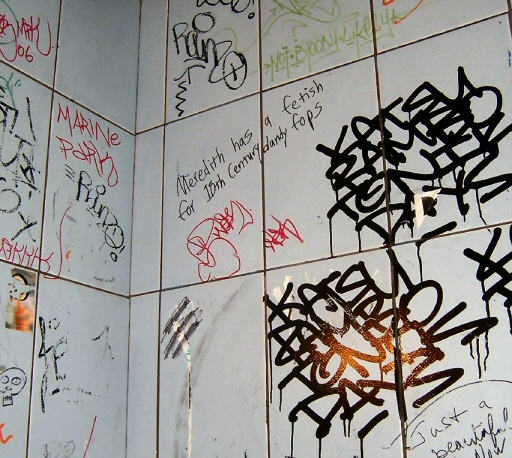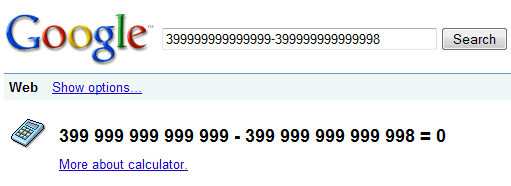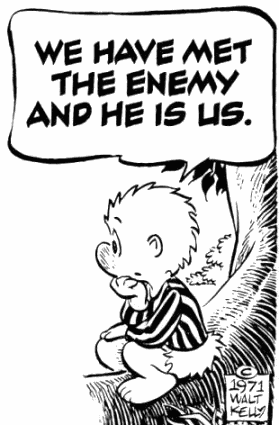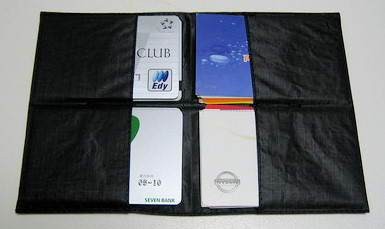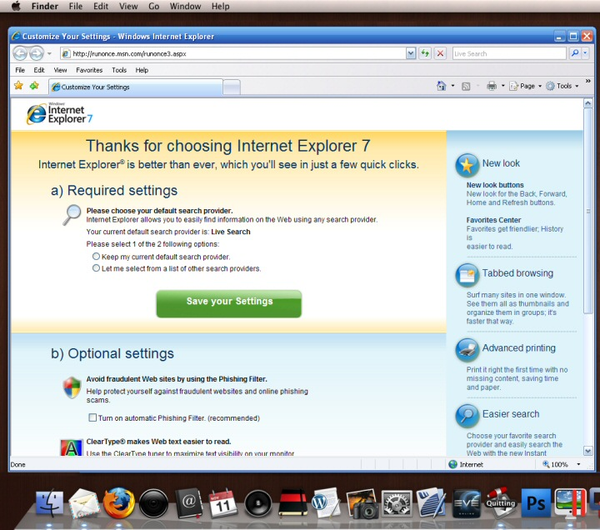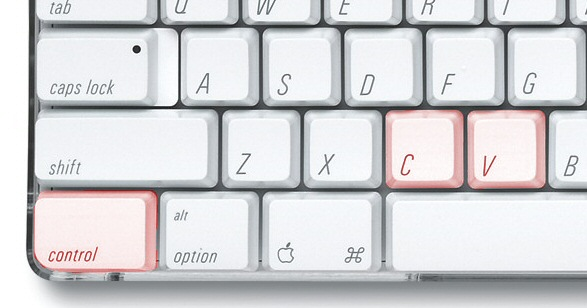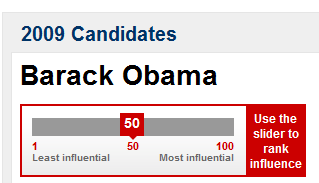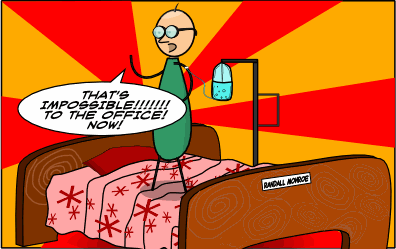
motivation
How to Motivate Programmers
There’s an inherent paradox in motivating programmers. I think this Geek Hero Comic illustrates it perfectly: It’s a phenomenon I’ve noticed even in myself. Nothing motivates like having another programmer tell you they’re rewriting your code because it sucks. Dave Thomas has talked about this for


